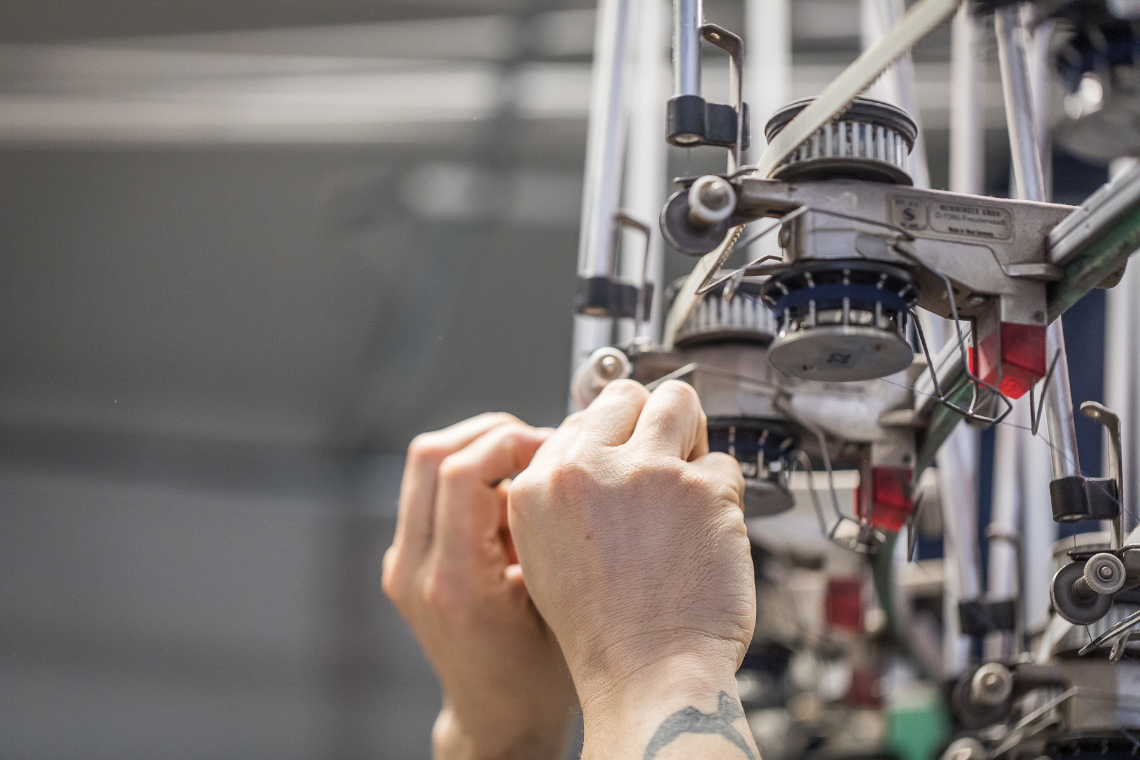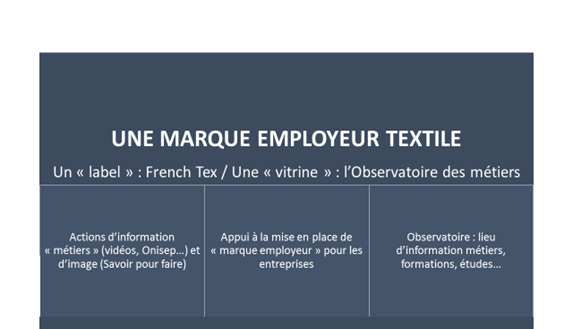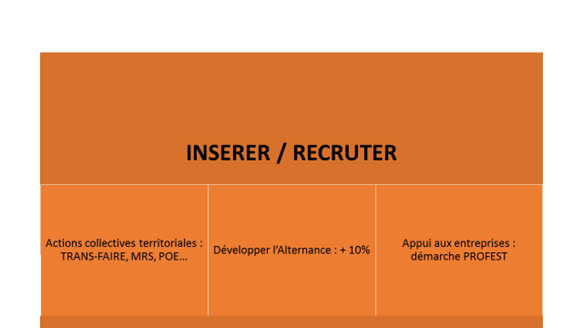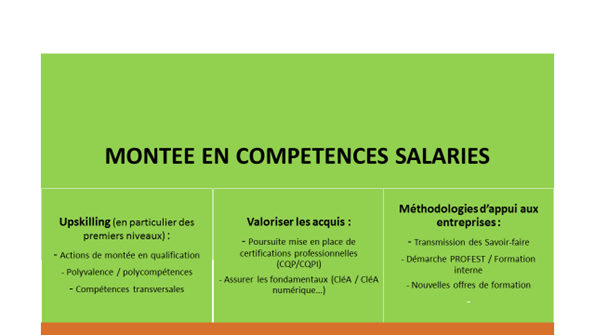Formation et compétences

©Tenthorey
Le développement des compétences et la transmission des savoir-faire sont au cœur des enjeux de l'industrie textile.
L'UIT pilote la politique de développement des compétences en lien avec :
- ses fédérations régionales et sectorielles, et un réseau de 25 écoles, CFA et organismes de formation,
- sa CPNEF (Commissions Paritaire Nationale Emploi Formation),
- son Opérateur de Compétences OPCO 2i,
- les ministères du Travail (DGEFP) et de l’Education Nationale pour l'Etat,
- et EURATEX au niveau européen.
Axes d'actions 2020
Renforcement de l’insertion par une alternance personnalisée
- Développer les actions collectives de terrain « amont » permettant d’identifier et de regrouper les besoins (action de type Trans-faire), et ainsi de pouvoir mieux agir collectivement avec Pôle Emploi et d’autres acteurs : actions MRS, POE…
- Développer un accompagnement des entreprises insérant en alternance : démarche PROFEST (faisant suite à l’accompagnement Prodiat). Démarche en cours d’expérimentation.

Développement des actions d’attractivité du secteur
- Une communication menée tout autant au plan national qu’au plan régional.
- Poursuivre une information sur les métiers et les formations, utiles aux acteurs jeunes et aux acteurs de l’insertion : partenariat avec ONISEP.
- Nécessité que les multiples actions s’inscrivent dans une démarche cohérente. Une vitrine majeure : l’Observatoire des métiers qui recense les métiers et les formations.
- Enfin, développer la « marque employeur », notamment à travers la démarche French Tex.
Multiplier les actions permettant de développer les compétences du personnel à tous niveaux
- Besoin de méthodologies et d’appui liés au développement de la formation interne et au besoin en matière de transmission des savoir-faire.
- Poursuite élaboration et gestion des CQP/CQPI.
- Montée en compétences ou « upskilling » des premiers niveaux vers les niveaux intermédiaires/hauts, à l’aide de nouveaux parcours de formation professionnelle répondant aux tendances d’évolution des activités TMC.
Mieux anticiper les évolutions du secteur
- Au-delà des diverses études menées, développer une GPEC sectorielle basée en particulier sur l’analyse en continue des données issues des contrats accompagnés, et plus largement de la démarche Profest.
Par l’intermédiaire d’OPCO2i, le nouvel opérateur inter-industries chargé des projets RH, compétences, formation et apprentissage, elle entretient des relations étroites avec les établissements scolaires et universitaires du textile. OPCO2i est également en charge de la collecte de sa taxe d’apprentissage.
Synthèse



Retrouvez les actualités Emploi Formation ici : Emploi / Formation


